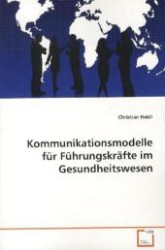Full Description
This compelling book delves deep into the intricate tapestry of Euro-Mediterranean politics and diplomacy, shedding light on the motivations that guided the actions of key political players from the 1980s to the Arab Spring. The author, on a challenging quest, identifies and interviews the very politicians and diplomats who shaped these relationships, uncovering a stark realism that superseded idealistic notions when crucial decisions were at stake. The author's focus turns to Spain, and to a lesser extent, France, as they navigate the intricate web of Euro-Mediterranean politics to gain greater diplomatic influence, regional power, and strategic leadership within the European Union and the southern Mediterranean rim.
They are portrayed as political brokers and entrepreneurs in the Mediterranean marketplace. In this thought-provoking work, the Mediterranean is portrayed as a transactional good, skillfully traded in all directions to achieve political, economic, and diplomatic goals. This book is a meticulously researched and compelling exploration of the complex relationships, interests, and maneuverings that shape the geopolitics of the Euro-Mediterranean region. It offers readers a new perspective on the evolution of the Euro-Mediterranean politics focusing on Critical Discourse Analysis and Corpus Linguistics.
Contents
Table of contents - introduction - spain and the great gallop: strategies of a political entrepreneur - lights and shadows: the assertion of spanish leadership in the international arena during the aznar era, 1996-2004 - zapatero's attempt to reposition spain in the mediterranean - the presidency of nicolas sarkozy and the mediterranean - migration, security and public opinion in the euro-mediterranean region - the long cultivation of the arab spring - conclusions - references







